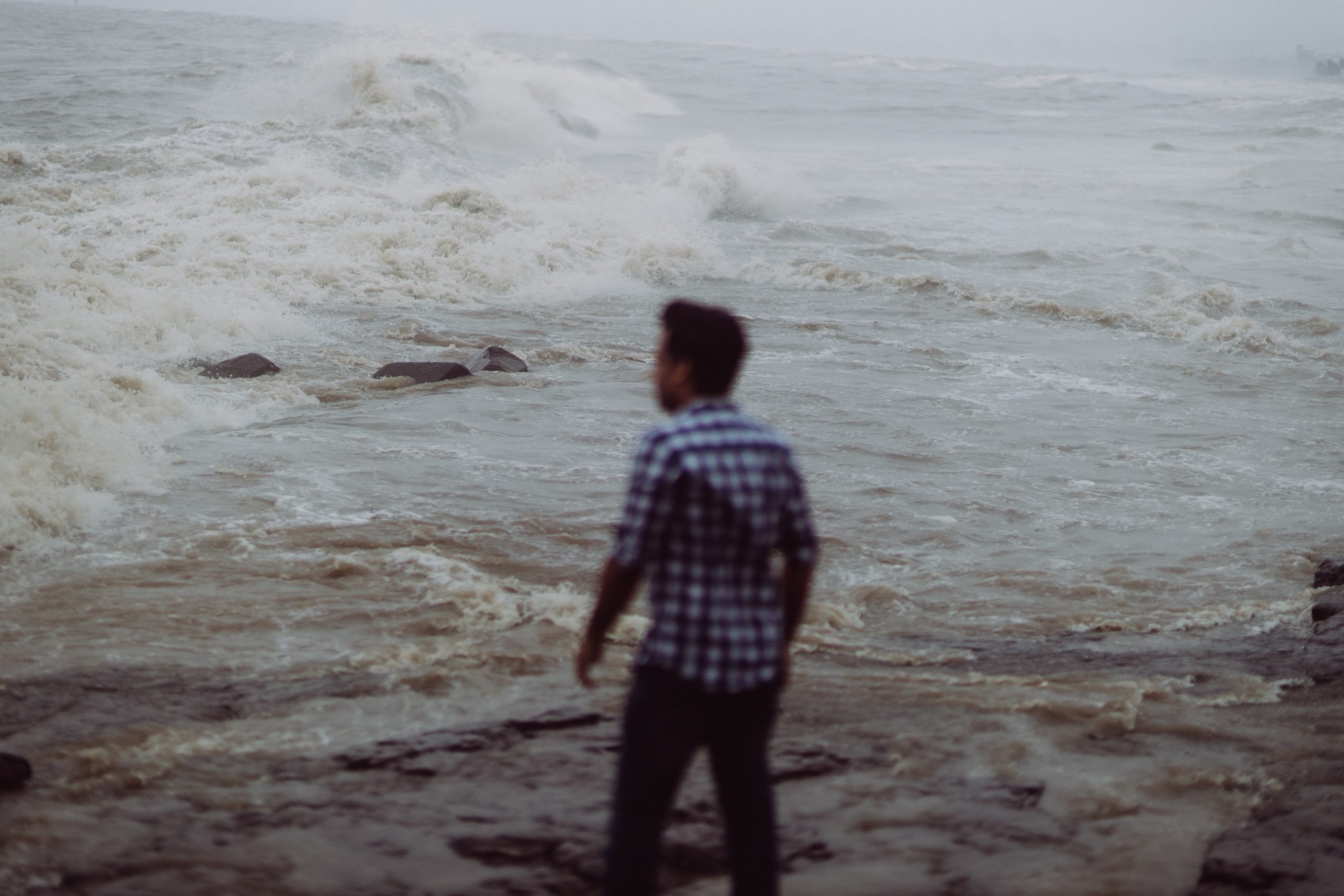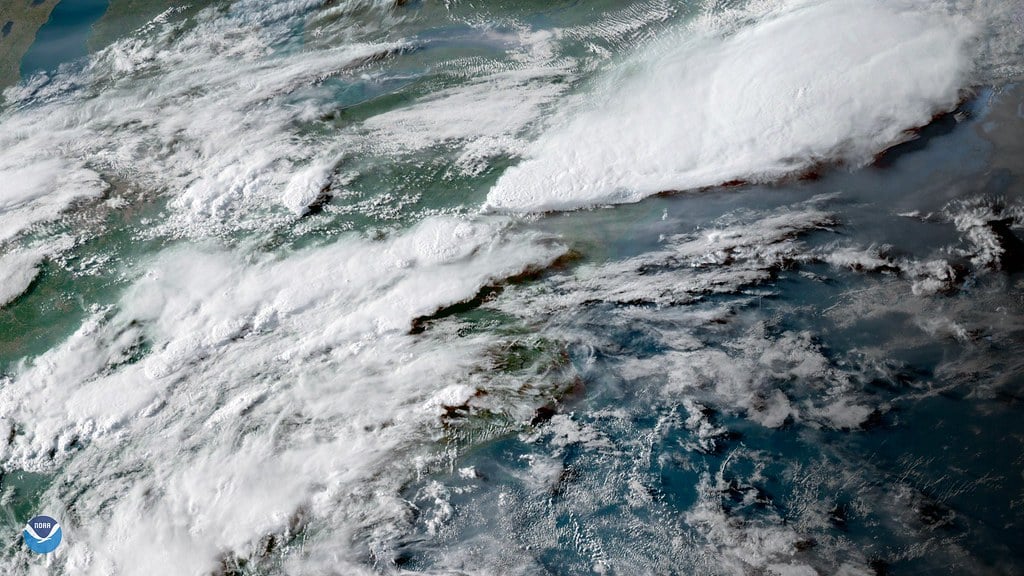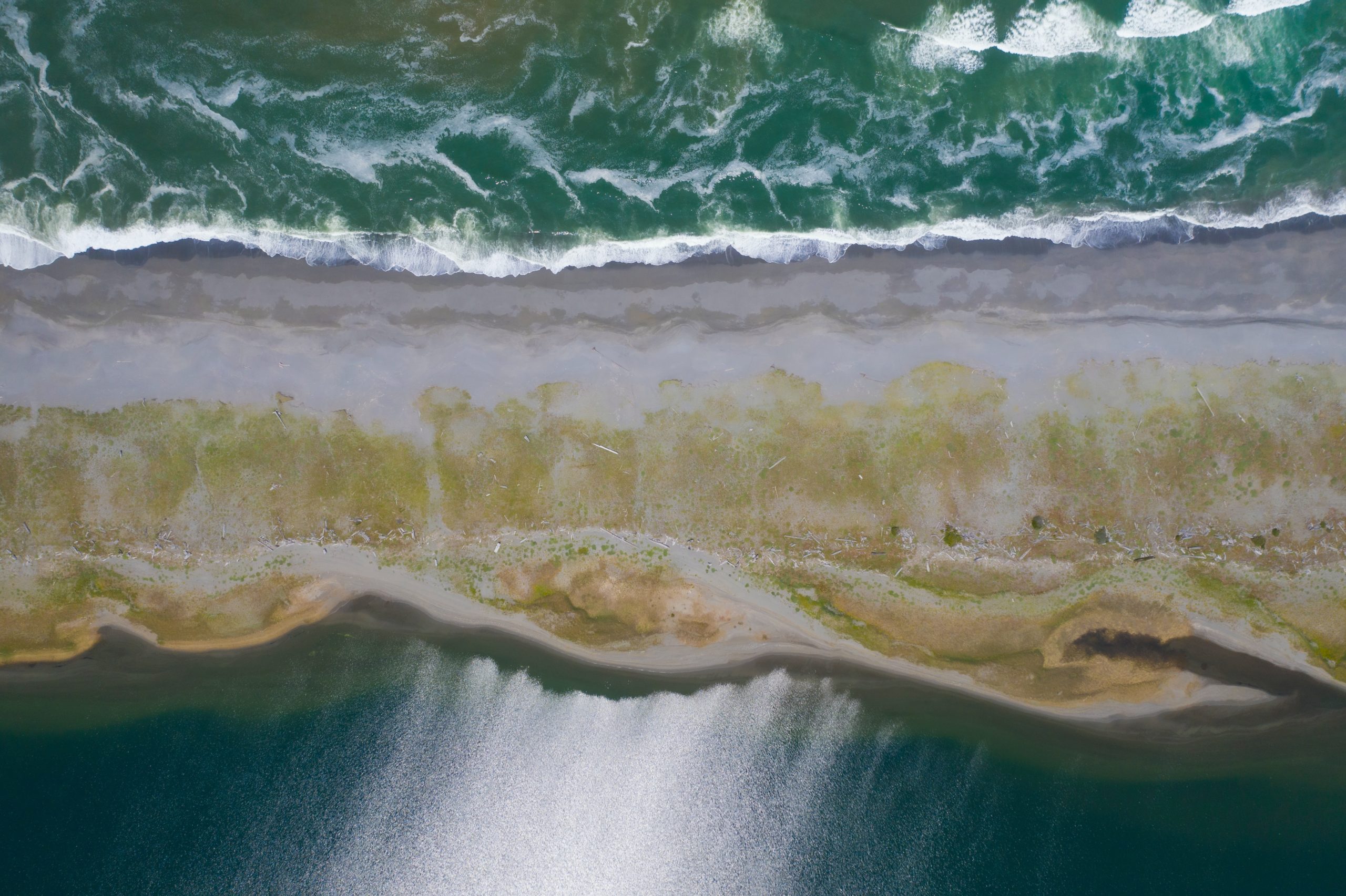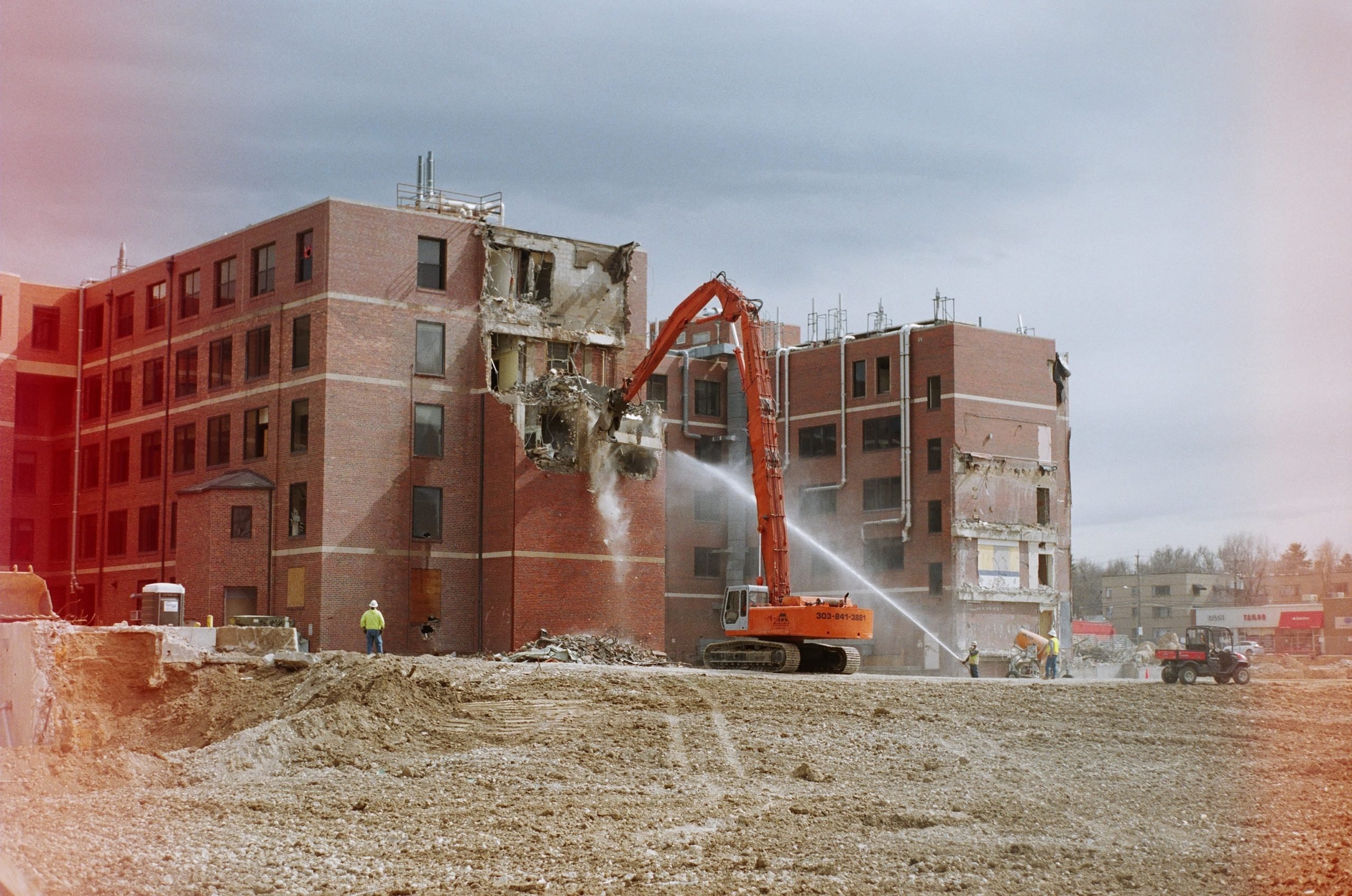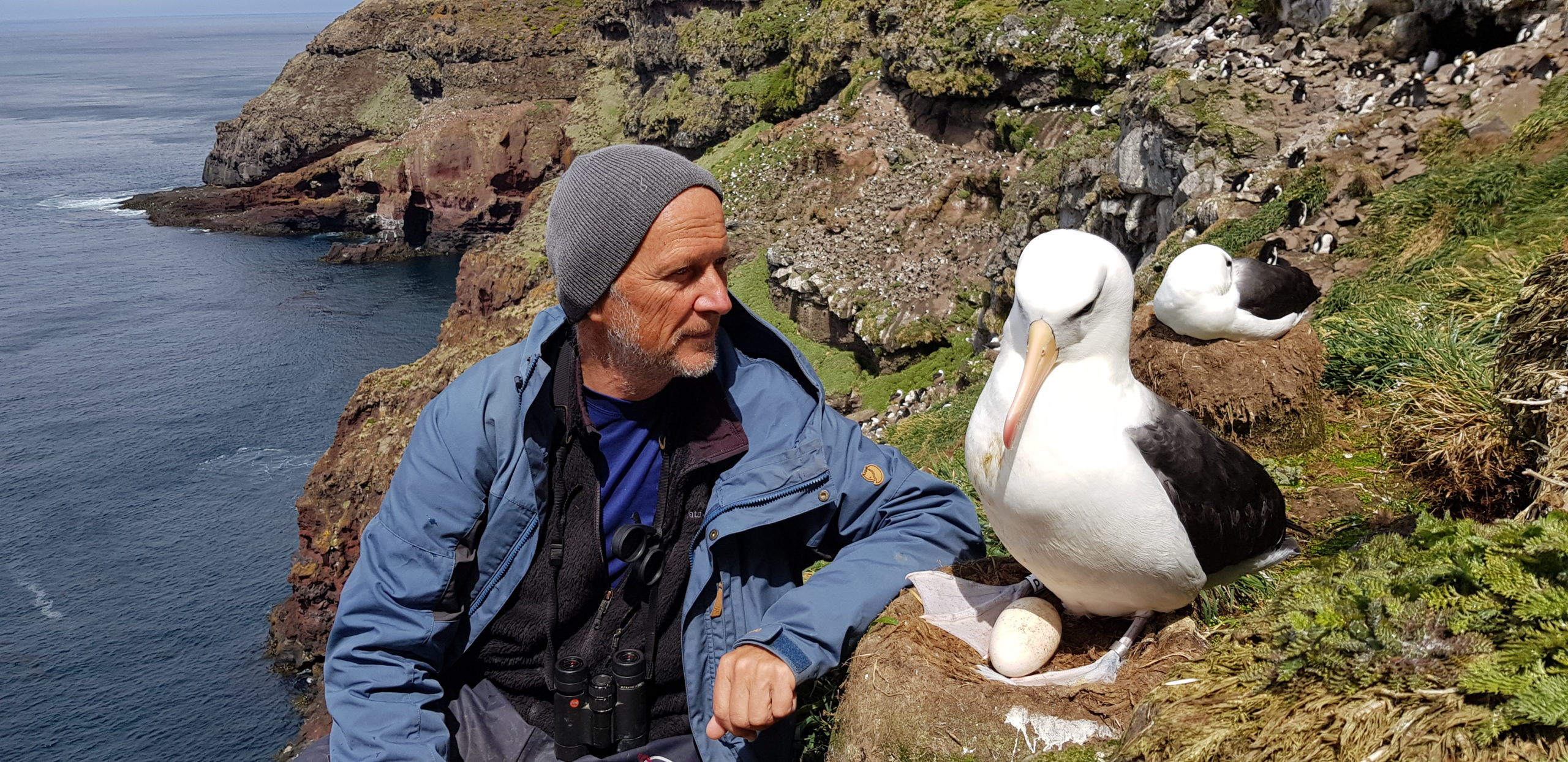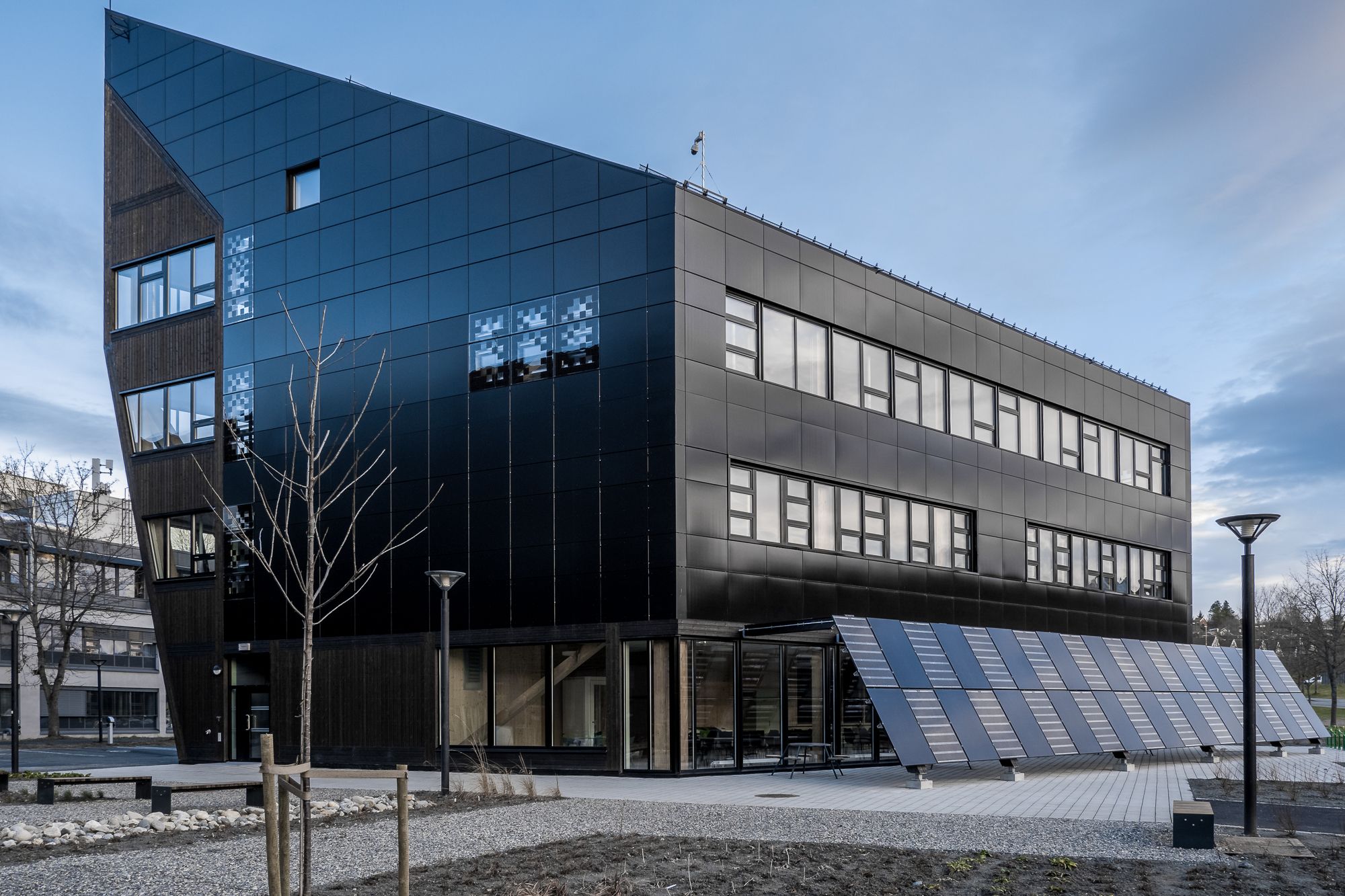How flood protection can paradoxically put people at risk
Governments who build defences against rising seas can actually increase their citizens’ risk of being flooded – if they fail to take account of the ‘safe development paradox’, according to a flood defence expert. Professor Jeroen Aerts, a hydrologist at the Institute for Environmental Studies at Vrije University in The Netherlands, says that when a … Read more

